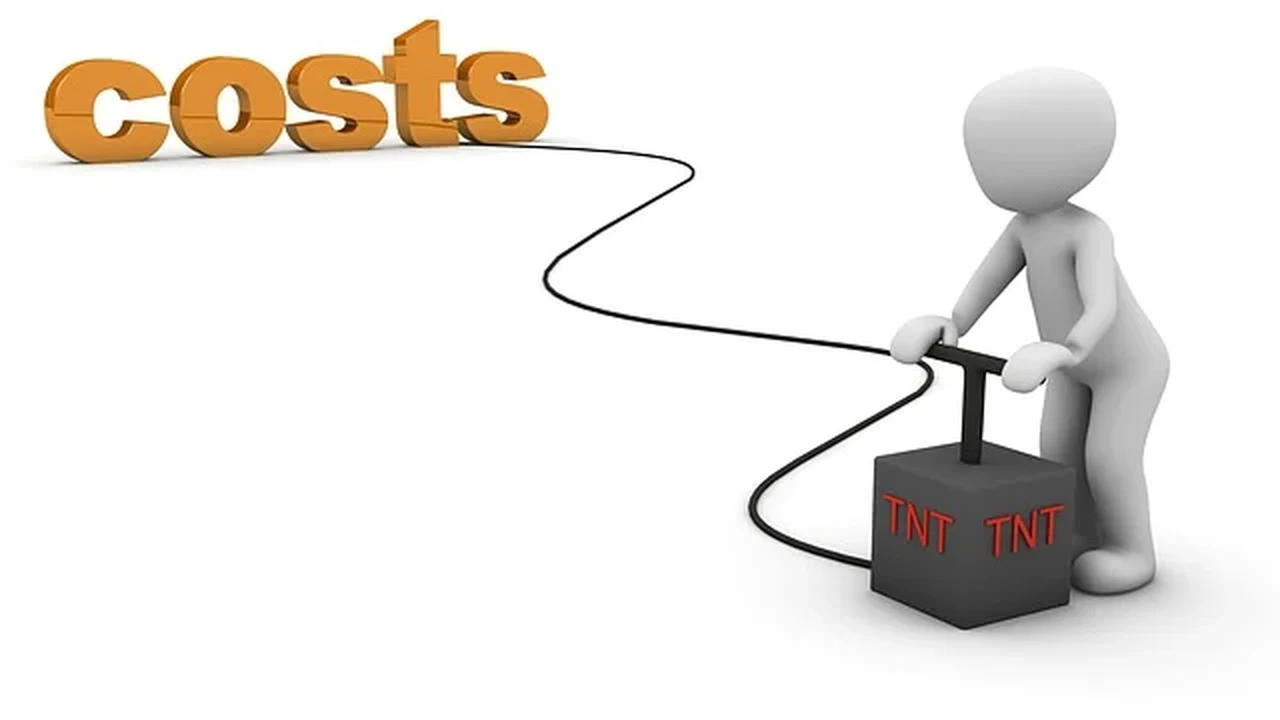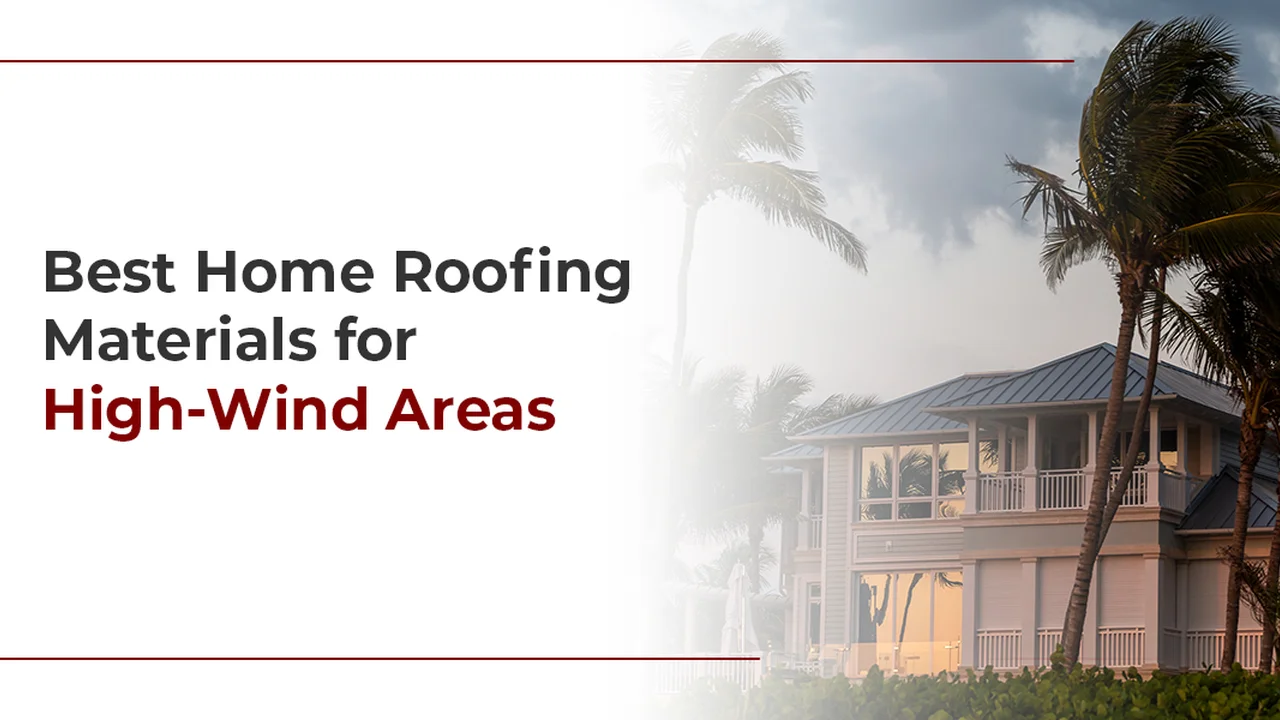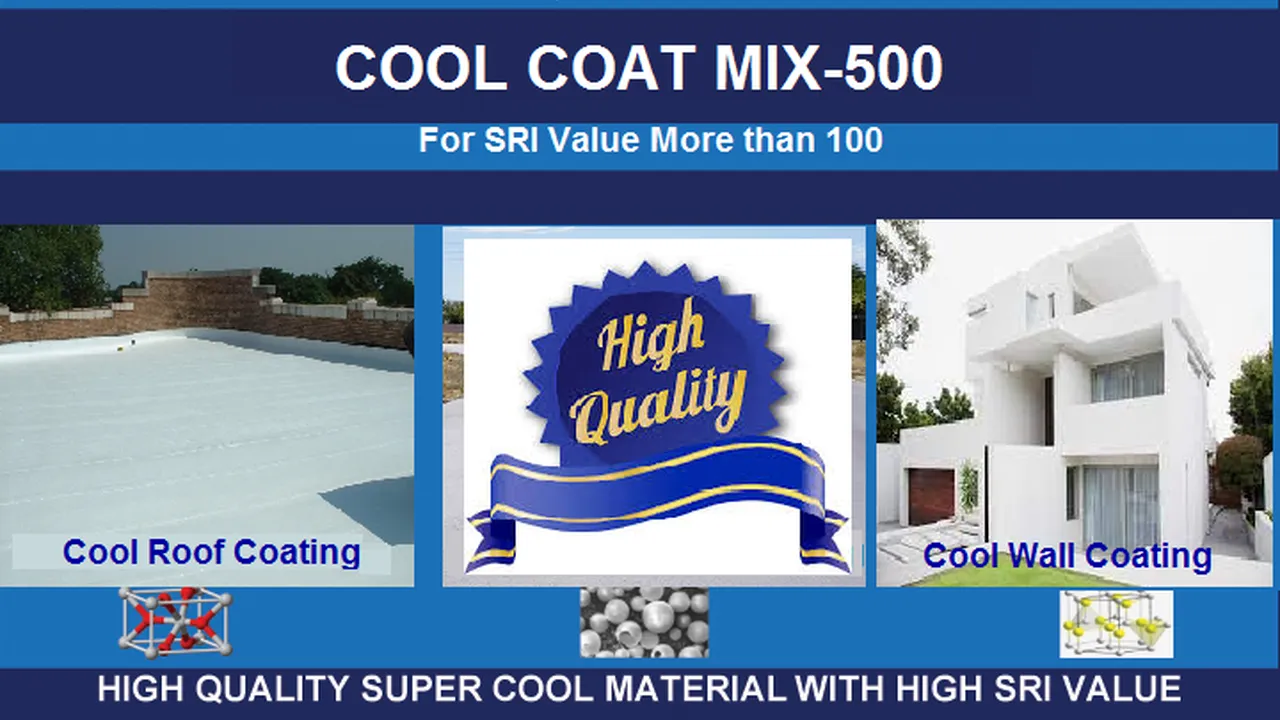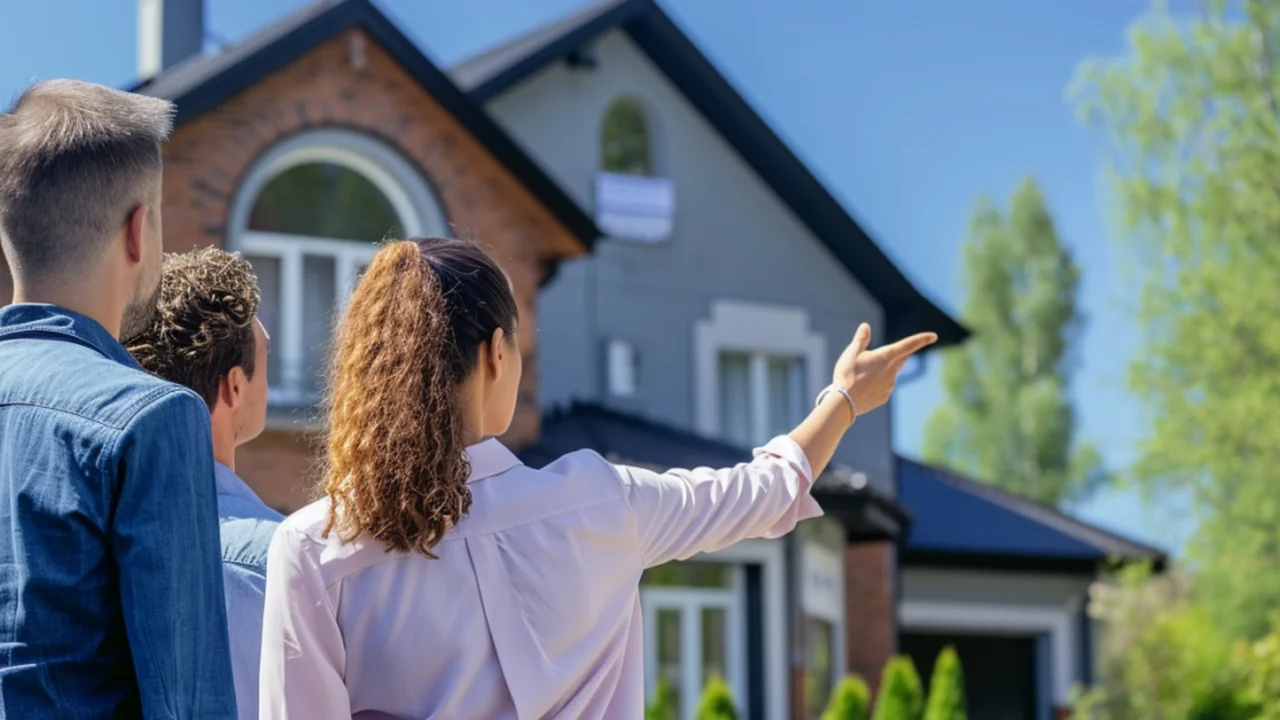Cost of Metal Roof vs Asphalt Shingles
A detailed cost comparison between metal roofing and asphalt shingles, considering upfront and long-term expenses.

Cost of Metal Roof vs Asphalt Shingles
Alright, let's talk roofs! When you're looking at replacing your home's lid, two big players usually come to mind: metal roofing and asphalt shingles. Both have their fans, and both come with their own set of pros and cons, especially when it comes to your wallet. It's not just about the sticker price, though. We're going to dive deep into the upfront costs, the long-term expenses, and everything in between, so you can make the smartest choice for your home, whether you're in the sunny US or the humid climes of Southeast Asia.
Understanding Asphalt Shingle Roofing Costs and Value
Asphalt shingles are, without a doubt, the most popular roofing material out there, especially in the US. They're relatively affordable, easy to install, and come in a huge variety of colors and styles. But what does that really mean for your budget?
Upfront Investment for Asphalt Shingles
When we talk about the initial cost, asphalt shingles are usually the clear winner. You're typically looking at a range of $3.50 to $5.50 per square foot installed. This can vary quite a bit based on your location, the complexity of your roof, and the specific type of shingle you choose. For an average 2,000 square foot roof, you might be paying anywhere from $7,000 to $11,000. This makes them a very attractive option for homeowners on a tighter budget or those looking for a quick, cost-effective replacement.
Types of Asphalt Shingles and Their Price Points
- 3-Tab Shingles: These are the most basic and cheapest option, often costing around $3.00 - $4.00 per square foot. They offer a flat, uniform look and a shorter lifespan (typically 15-20 years).
- Architectural (Laminate) Shingles: These are more popular, offering a thicker, more dimensional look that mimics wood shakes or slate. They're more durable, lasting 25-30 years, and cost about $4.00 - $5.50 per square foot.
- Designer (Luxury) Shingles: These are the premium asphalt option, designed to replicate high-end materials like natural slate or cedar shakes. They're the most durable, often lasting 30-50 years, but also the most expensive, ranging from $5.50 - $7.00+ per square foot.
Long-Term Expenses and Lifespan of Asphalt Shingles
While the upfront cost is low, it's crucial to consider the long-term picture. Asphalt shingles have a shorter lifespan compared to metal roofs. This means you'll likely need to replace them more frequently, which adds up over the decades you own your home. Maintenance is generally straightforward, but you might encounter issues like granule loss, curling, cracking, or blow-offs, especially in areas with strong winds or extreme temperatures. These repairs can add to your overall cost.
Asphalt Shingle Products and Their Applications
Let's look at some popular asphalt shingle brands and their typical use cases:
- GAF Timberline HDZ: This is a very popular architectural shingle in the US. It's known for its good balance of aesthetics, durability, and cost-effectiveness. It comes with a strong wind warranty, making it suitable for many regions. Expect to pay in the $4.50 - $5.50 per square foot range installed.
- CertainTeed Landmark Pro: Another top-tier architectural shingle, offering a wide array of colors and a robust construction. It's a great choice for homeowners looking for enhanced curb appeal and a reliable roof. Similar to GAF, pricing is usually around $4.50 - $5.50 per square foot.
- Owens Corning Duration Series: These shingles feature a unique SureNail Technology for superior grip and wind resistance. They're a solid choice for areas prone to high winds. Price point is typically in the $4.00 - $5.00 per square foot range.
- IKO Cambridge: A more budget-friendly architectural shingle option, still offering good protection and a decent aesthetic. Often found at the lower end of the architectural shingle price spectrum, around $3.80 - $4.80 per square foot.
In Southeast Asia, while asphalt shingles are available, their popularity can be overshadowed by tile or metal due to extreme heat and humidity. However, brands like GAF and CertainTeed do have a presence, often with products specifically designed for tropical climates, which might come at a slightly higher premium due to import costs and specialized features like enhanced algae resistance.
Exploring Metal Roofing Costs and Investment
Metal roofing has been gaining serious traction, and for good reason. It's known for its incredible durability, longevity, and energy efficiency. But these benefits often come with a higher initial price tag.
Initial Outlay for Metal Roofing Systems
The upfront cost for a metal roof is significantly higher than asphalt shingles. You're generally looking at $8.00 to $15.00 per square foot installed, and sometimes even more for premium materials or complex installations. For that same 2,000 square foot roof, you could be spending anywhere from $16,000 to $30,000 or more. This can be a tough pill to swallow for some homeowners, but let's look at why it might be worth it.
Varieties of Metal Roofing and Their Price Implications
- Standing Seam Metal: This is one of the most popular types, featuring raised seams that interlock, hiding fasteners and providing a sleek, modern look. It's highly durable and weather-resistant. Costs typically range from $10.00 - $15.00+ per square foot.
- Corrugated Metal: A more economical option, often seen on agricultural buildings but increasingly used for residential. It has exposed fasteners, which can be a point of maintenance over time. Price point is usually $8.00 - $12.00 per square foot.
- Metal Shingles/Tiles: These are designed to mimic the look of traditional shingles, slate, or wood shakes, but with the durability of metal. They can be quite aesthetically pleasing. Expect costs in the $9.00 - $14.00 per square foot range.
- Copper and Zinc Roofing: These are premium, high-end options known for their exceptional longevity and unique aesthetic patina. They are significantly more expensive, often starting at $20.00 - $40.00+ per square foot, making them a luxury choice.
Long-Term Value and Durability of Metal Roofs
Here's where metal roofing really shines. A properly installed metal roof can last 40-70 years, or even longer, depending on the material. This means you might never have to replace your roof again in your lifetime. This longevity significantly offsets the higher upfront cost. Metal roofs are also incredibly durable, resisting fire, rot, insects, and high winds. They're also very energy-efficient, reflecting solar radiant heat, which can lead to significant savings on your cooling bills, especially in hot climates like Southeast Asia.
Metal Roofing Products and Their Ideal Applications
Let's explore some specific metal roofing products and their best uses:
- ClassicRib by McElroy Metal: A popular corrugated metal panel, often used for its cost-effectiveness and durability. It's a good choice for homeowners looking for a robust metal roof without the premium price of standing seam. Ideal for residential and light commercial applications. Expect pricing around $8.00 - $10.00 per square foot installed.
- Standing Seam by Sheffield Metals: Sheffield Metals offers a range of standing seam panels known for their quality and performance. These are excellent for modern homes, offering superior weather protection and a clean aesthetic. They are a premium option, typically costing $12.00 - $15.00+ per square foot.
- Decra Stone Coated Steel: Decra offers metal roofing panels that are coated with stone granules, giving them the look of traditional tiles or shingles but with the strength and longevity of steel. This is a fantastic option for homeowners who want the aesthetic of tile but the performance of metal, especially in high-wind or hail-prone areas. Prices can range from $10.00 - $14.00 per square foot.
- Boral Steel Stone Coated Roofing: Similar to Decra, Boral offers a variety of stone-coated steel profiles, including tile, shake, and shingle designs. They are highly durable and resistant to extreme weather. A great choice for both US and Southeast Asian markets due to their resilience. Expect costs in the $10.00 - $14.00 per square foot range.
- Aluminum Roofing (various manufacturers): Aluminum is a lighter metal, excellent for coastal areas due to its superior corrosion resistance. It's also very durable and energy-efficient. While slightly more expensive than steel, its resistance to salt air makes it a top choice for beachfront properties. Pricing can be similar to high-end steel standing seam, around $12.00 - $16.00 per square foot.
For Southeast Asian markets, metal roofing, particularly standing seam and stone-coated steel, is highly favored due to its ability to withstand heavy monsoon rains, high humidity, and intense sun. Brands like BlueScope Steel (Colorbond) are very prominent, offering pre-painted steel roofing solutions that are specifically engineered for tropical conditions, providing excellent thermal performance and corrosion resistance. While specific pricing varies by country, expect similar cost premiums over traditional materials as in the US, but with a stronger emphasis on features like heat reflection and anti-corrosion properties.
Comparing the Total Cost of Ownership Roofing Materials
When you're trying to decide, it's not just about what you pay today. It's about the total cost over the lifetime of your roof. Let's break down the factors that contribute to the total cost of ownership for both metal and asphalt.
Installation and Labor Costs for Roofing Projects
Labor is a significant portion of any roofing project. Asphalt shingles are generally quicker and easier to install, which translates to lower labor costs. Metal roofing, especially standing seam, requires specialized skills and more time, leading to higher labor expenses. However, some metal systems, like metal shingles, can be installed over existing asphalt roofs, potentially saving on tear-off and disposal costs.
Maintenance and Repair Expenses Over Time
Asphalt shingles often require more frequent maintenance and repairs. You might need to replace individual shingles after storms, deal with moss or algae growth, or address granule loss. Metal roofs, on the other hand, are very low maintenance. They don't typically require cleaning for moss or algae, and they're highly resistant to damage. The main maintenance for metal might involve checking fasteners on exposed fastener systems or ensuring proper drainage.
Energy Efficiency and Utility Bill Savings
This is a big one, especially in hot climates. Metal roofs are excellent at reflecting solar radiant heat, which can significantly reduce your home's cooling costs. Many metal roofs are considered 'cool roofs' and can even qualify for energy efficiency rebates or tax credits. Asphalt shingles absorb more heat, leading to higher attic temperatures and increased AC usage. While some 'cool' asphalt shingles exist, their reflective properties generally don't match those of metal.
Insurance Premiums and Potential Discounts
Because metal roofs are so durable and fire-resistant, some insurance companies offer discounts on homeowner's insurance premiums. It's always worth checking with your provider to see if a metal roof could save you money on your annual policy. Asphalt shingles typically don't offer such discounts, and in some high-risk areas (like wildfire zones), they might even lead to higher premiums compared to fire-rated metal options.
Resale Value and Curb Appeal Impact
A new roof always adds value to your home, but a metal roof can offer a higher return on investment. Its longevity and modern aesthetic are attractive to potential buyers. In some markets, a metal roof can increase your home's resale value by 1% to 6%. Asphalt shingles, while improving curb appeal, generally don't offer the same premium boost in resale value as metal.
Factors Influencing Your Roofing Material Decision
Beyond just the numbers, there are other important considerations when choosing between metal and asphalt.
Climate Considerations for Roofing Longevity
Your local climate plays a huge role. In areas with extreme heat and intense UV radiation (like many parts of Southeast Asia and the southern US), metal roofs excel due to their reflective properties and resistance to thermal expansion and contraction. In areas with heavy snow, metal roofs can shed snow more easily, preventing ice damming. Asphalt shingles can become brittle in extreme cold and soften in extreme heat, leading to a shorter lifespan.
Aesthetics and Architectural Style Matching
Both materials offer a wide range of aesthetic options. Asphalt shingles come in countless colors and profiles, easily matching traditional home styles. Metal roofing has evolved beyond just the industrial look; you can find metal shingles and tiles that perfectly mimic slate, wood, or clay, offering a sophisticated look for various architectural styles. Consider what best complements your home's design.
Noise Levels and Sound Dampening Properties
One common concern with metal roofs is noise during rain or hail. While it's true that some metal roofs can be louder, modern installation techniques, proper insulation, and the use of solid sheathing can significantly reduce noise levels. Asphalt shingles, being denser, naturally offer better sound dampening.
Environmental Impact and Sustainability
If sustainability is a priority, metal roofing often comes out ahead. Many metal roofs are made from recycled content and are 100% recyclable at the end of their very long life. Asphalt shingles, while some contain recycled materials, are largely petroleum-based and often end up in landfills after their shorter lifespan.
Making the Right Roofing Choice for Your Home
So, which one is right for you? It really boils down to your priorities. If your budget is tight and you need a reliable roof for the next 20-30 years, asphalt shingles are a fantastic, cost-effective choice. They offer good protection and a wide variety of looks.
However, if you're looking for a long-term investment, superior durability, significant energy savings, and minimal maintenance, a metal roof is likely the better option, despite the higher upfront cost. Over its lifespan, a metal roof can actually be more economical due to its longevity and energy efficiency. It's a choice that pays dividends over decades, offering peace of mind and potentially increasing your home's value.
Before you make a final decision, get quotes for both options from reputable local contractors. Ask about warranties, installation processes, and specific product recommendations for your climate. Don't forget to factor in potential energy savings and insurance discounts. By looking at the full picture, you'll be able to choose the roofing material that best fits your budget, lifestyle, and long-term goals for your home.
:max_bytes(150000):strip_icc()/277019-baked-pork-chops-with-cream-of-mushroom-soup-DDMFS-beauty-4x3-BG-7505-5762b731cf30447d9cbbbbbf387beafa.jpg)






